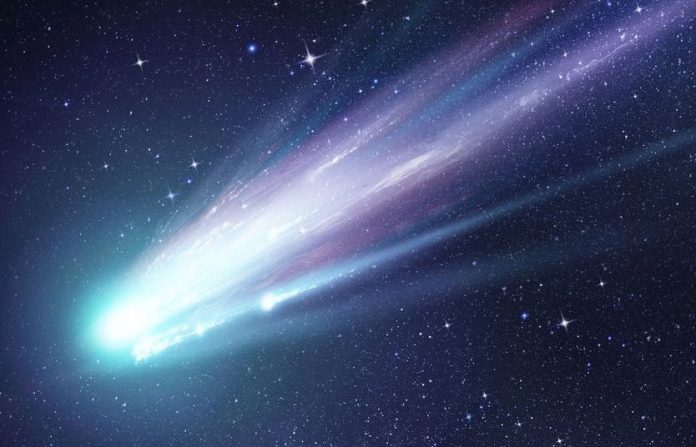The solar system is getting friendlier by the year it seems.
Following observations by NASA’s Jet Propulsion Laboratory Solar System Dynamics Group, researchers confirmed that a comet seen traveling across the sky last month, which was thought to have come from a different solar system, is indeed “unambiguously” of interstellar origin.
The object formerly known as C/2019 Q4 was given its name on Tuesday by the International Astronomical Union, the organization that officially names just about anything in the Universe that isn’t on Earth. The 2I refers to the fact that scientists are now confident that this is the second interstellar object ever discovered in our Solar System.
Scientists have been tracking the object since it was discovered on August 30th by an amateur astronomer in Crimea named Gennady Borisov. And that’s where the second part of this object’s name comes in — the object Borisov was tracking through his homemade 0.65 meter telescope looked like a comet, with a distinctive haze, or “coma.” Comets, unlike asteroids, moons, or other space features, are usually named after their discoverer, which makes this comet’s full designation 2I/Borisov.
The only other known interstellar object is named 1I/’Oumuamua, which was initially thought to be a comet, then an asteroid when it was first discovered in 2017. Asteroids are typically named by the people who discover them, instead of after them, so the team who found it in Hawaii decided to name it ‘Oumuamua, a Hawaiian name meaning “a messenger from afar arriving first.” Later observations indicated that it might be a comet after all, but by then, the name had stuck.















